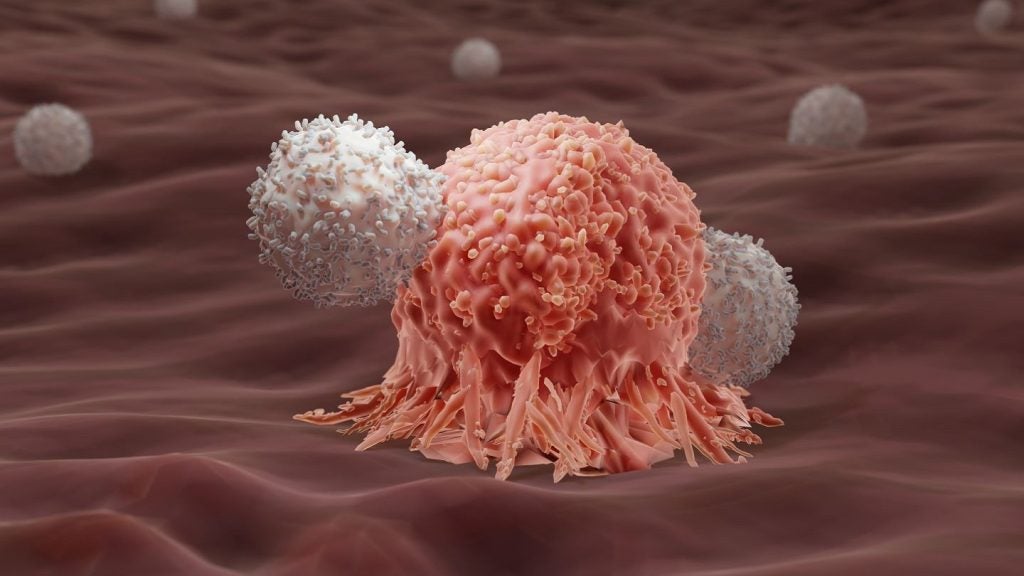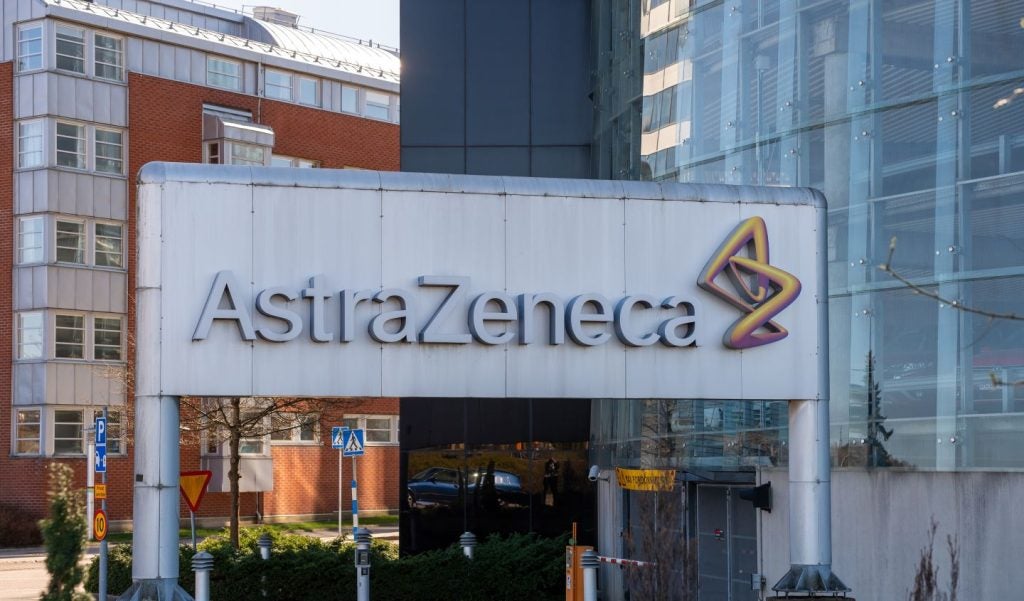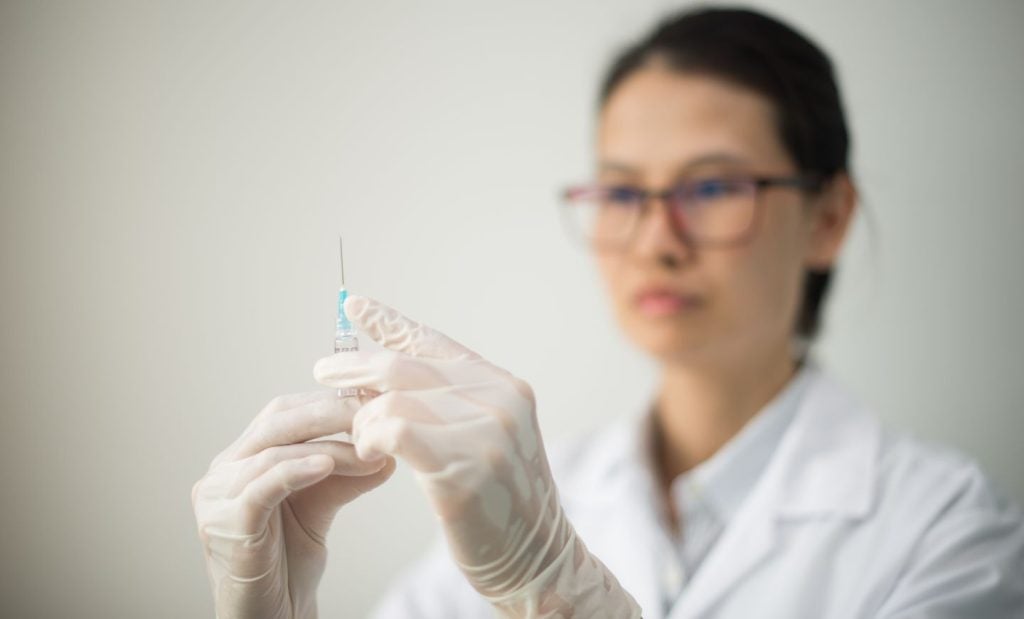280Bio has dosed the first subject in a Phase I clinical study of oral pan-RAS inhibitor, TEB-17231 (YL-17231), to treat patients with advanced cancers harbouring mutations in KRAS, HRAS, or NRAS genes.
These genes are mutated frequently in several tumour indications that are causally associated with promoting growth of tumour cells.
Investigational Cancer Therapeutics deputy chair and the trial lead investigator David Hong enrolled the first US subject at The University of Texas MD Anderson Cancer Center in Houston, Texas.
The drug candidate has shown potent inhibition of tumour cell proliferation in vivo and in vitro in preclinical studies.
It exhibited activity with different KRAS, NRAS and HRAS alterations, including tumours resistant to KRAS G12C inhibitors.
280Bio CEO Michael Hui said: “We are gratified that the first patient has been dosed with our novel pan-RAS inhibitor, marking a major step in TEB-17231's clinical development, and introducing new medicines for the patients we hope to serve.
“This milestone highlights our commitment to addressing unmet needs in cancers through precision oncology approaches. We look forward to continued enrollment and dosing of patients in this trial.”
The investigational drug is part of a strategic partnership between 280Bio and The University of Texas MD Anderson Cancer Center, with preclinical research ongoing.
The collaboration is presently progressing with the clinical development of two additional drugs in the US and the European Union (EU).
Linpersilib, a PI3Kδ inhibitor by Yingli Pharma that was approved in China last year, is undergoing a Phase II trial for T-cell lymphoma and the company’s TGFβR1 inhibitor, YL-13027, is in a Phase I dose-escalation study.
Yingli Pharma Research and Development head Dr Zusheng Xu said: “With its excellent pharmacologic and in vivo anti-tumour properties, we are hopeful that TEB-17231 will also be determined to be safe and efficacious by continuous oral dosing in patients.”
















